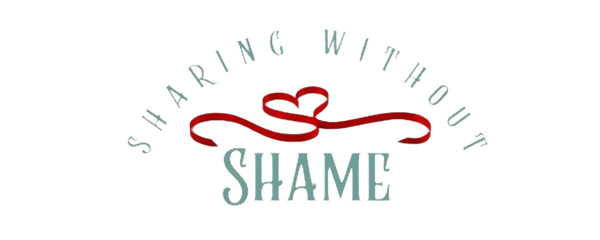The Invisible Scars of Addiction in the Family
By: Donna Marston
Addiction in the family is hard enough. But when you keep it a secret, when you pretend everything is fine while someone you love is struggling with drugs or alcohol, you can become as sick as the secret itself. You build an invisible cage, not just for them, but for yourself. That silence becomes your trauma.
In many families, there’s an unspoken rule: “Don’t talk about this.” So, you smile in public, act like life is normal, and go to great lengths to hide the truth and your pain. Whether it’s a parent who drinks too much, a sibling abusing pills, or a child caught in the grip of addiction, keeping it hidden can feel like the only way to survive. But the price is steep.
When you hide addiction, you isolate yourself. You may teach yourself, and your children. that love means protecting dysfunction, that honesty is dangerous, and that shame is stronger than healing. The burden of secrecy often falls hardest on those closest to the addicted person: spouses, siblings, and especially children. You walk on eggshells, carrying the heavy weight of pretending.
If you’re always on edge, anxious, fearful of conflict, unable to trust, and deep down believe something is wrong with you, that may be the invisible scar of growing up in a family where no one is allowed to name what’s really happening.
Children raised in the shadow of addiction often live with chronic stress, fear, and confusion. You may have felt invisible, or worse, responsible for the chaos. This can lead to deep-seated shame, low self-worth, and anxiety. Anticipating the next outburst may have become your norm. Trust and safety may feel foreign. You may have grown up too fast, taking on adult roles or shutting down emotionally just to cope. Without support or the chance to speak your truth, you can carry these hidden wounds into adulthood, often repeating dysfunctional patterns or struggling with identity, intimacy, and mental health.
You may have learned to be quiet, self-sufficient, and invisible. But you weren’t resilient because you were strong, you were resilient because you found a way to survive. True resilience comes when someone helps you name what’s real and stands beside you in the pain.
“Shame hates having words wrapped around it. If we speak shame, it begins to wither.”
— Brené Brown
Addiction thrives in silence. But healing begins with truth. When you stop hiding, you create space for compassion, connection, and real support. You realize you are not alone, and that realization itself is powerful medicine.
“The truth will set you free. But first, it will piss you off.”
— Gloria Steinem
You cannot heal what you will not name. If you’re carrying the heavy burden of hiding a loved one’s addiction, I invite you to lay it down. Speak your truth. You deserve support, not silence. Your voice matters. Your story matters. You matter.
When you break the silence, the secret loses its power.
And that’s when your healing begins.
